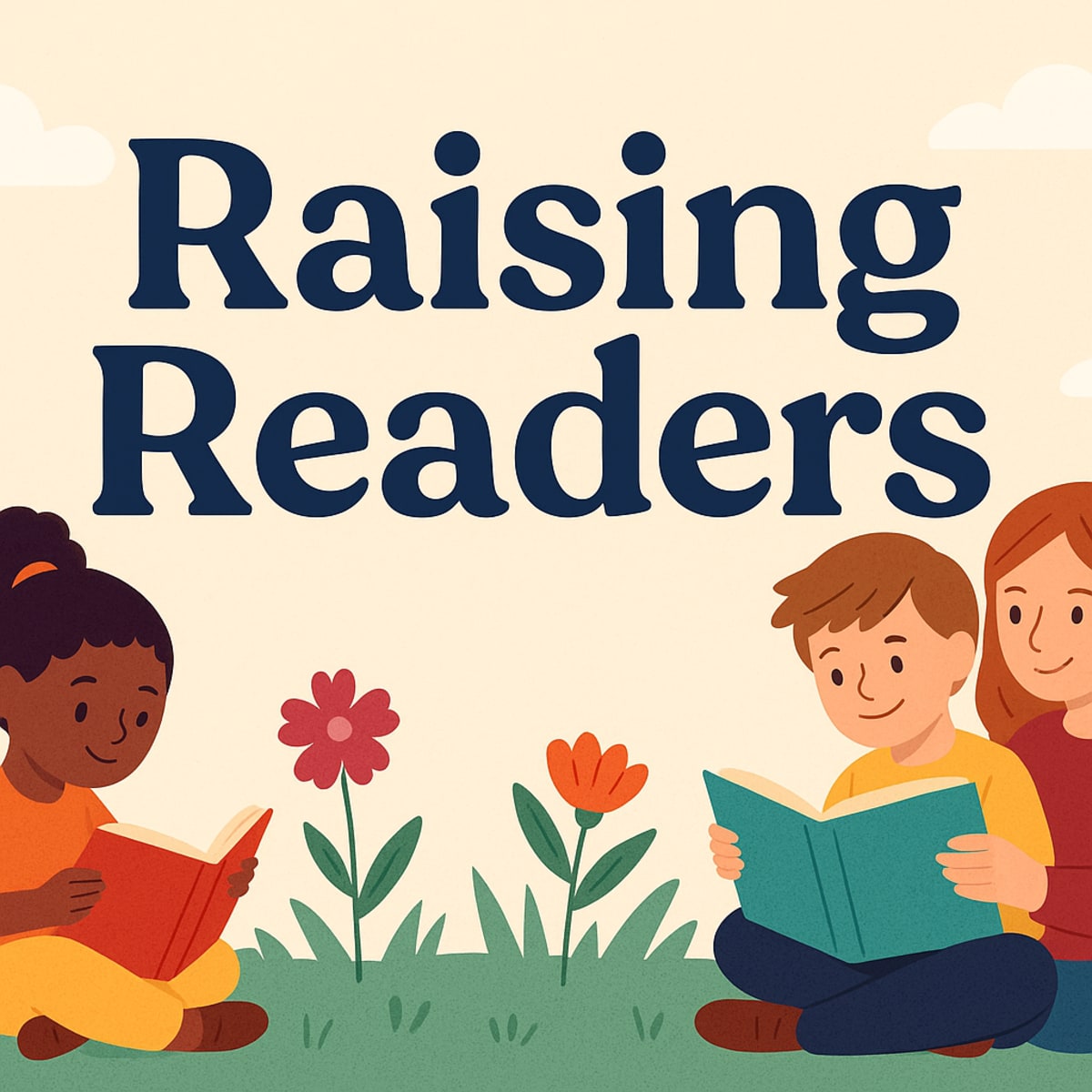Somewhere around Mrs. Winestock’s third-grade English class, I became firmly convinced that starting a sentence with and or but would mean the end of life as I knew it. I imagined a giant red F scribbled across my paper, my promotion to fourth grade in jeopardy, and my future as a writer ruined.
Fast-forward to college years and journalism school, where I was at last liberated from my fear of the coordinating conjunction’s role in my inevitable downfall as a writer. I learned the truth and I also became deeply curious about why I had such strong feelings about something so specific.
Come to find out, almost every adult I know who’s close to my age believes the same thing.
What is going on?
Do we all share some kind of early classroom grammar trauma?
Is this the Mandela Effect rearing its ugly head again like the Monopoly guy’s missing monocle?
Come with me, my fellow mid-lifers, and let’s work through this together.
Don’t Believe the Hype
Here’s the truth: It is completely acceptable to start a sentence with a conjunction.
That includes and, but, or, so, and yet.
Grammarians, linguists, writers and style guides have been saying this for decades.
Let’s go straight to the source:
- Merriam-Webster Dictionary says: “It is fine to begin a sentence with a coordinating conjunction. And you can quote us on that.”
- Chicago Manual of Style (17th Edition, 5.206): “There is a widespread belief—one with no historical or grammatical foundation—that it is an error to begin a sentence with a conjunction… But this belief is mistaken.”
- Oxford Dictionary’s Lexico site: “It’s perfectly acceptable to begin a sentence with a conjunction. In fact, it can often make your writing more natural and flowing.”
So Who Started This Myth?
The “rule” likely began in schoolrooms and not in grammar books. Teachers often discouraged starting with and or but for one simple reason: young writers sometimes overused them or forgot to write complete sentences. So the advice was offered as a guideline, not a law. Be we took it and ran with it like it was written on the tablets of stone.
And, at some point, it grew into legend.
Much like “never split an infinitive” or “don’t end a sentence with a preposition,” the and/but myth gained traction not because it’s true, but because it was repeated often enough that everyone believed it.
Yes, I said it. You can, in fact, end a sentence in a preposition. Don't come for me!
"It would appear that some people are determined to hold on to this rule, no matter how many times they are informed that it really isn’t one." ~Merriam-Webster
Back to the matter at hand.
Famous Writers Who Broke the “Rule”
Need more proof? Some, honestly most all, of the most celebrated writers in the English language broke this so-called rule—and did so beautifully:
- Jane Austen, in Pride and Prejudice: “But no such recollection befriended her.”
- Charles Dickens, in A Tale of Two Cities: “And yet I have had the weakness—and have still the weakness—to wish you to know with what a sudden mastery you kindled me.”
- J.K. Rowling, in Harry Potter and the Sorcerer’s Stone: “But from that moment on, Hermione Granger became their friend.”
- George Orwell, in 1984: “And the people under the sky were also very much the same everywhere.”
- C.S. Lewis, in The Lion, the Witch and the Wardrobe: “But Edmund snatched it away and began to eat it.”
If it’s good enough for Dickens and Orwell, it’s probably okay for your next email or essay.
The Real Rule (If You Really Need One)
Teach your children that starting with “and” or “but” is fine as long as the sentence is complete.
That’s it. That’s the whole rule.
So the next time someone says, “You can’t start a sentence with and,” feel free to smile politely and say:
“But I can.”
